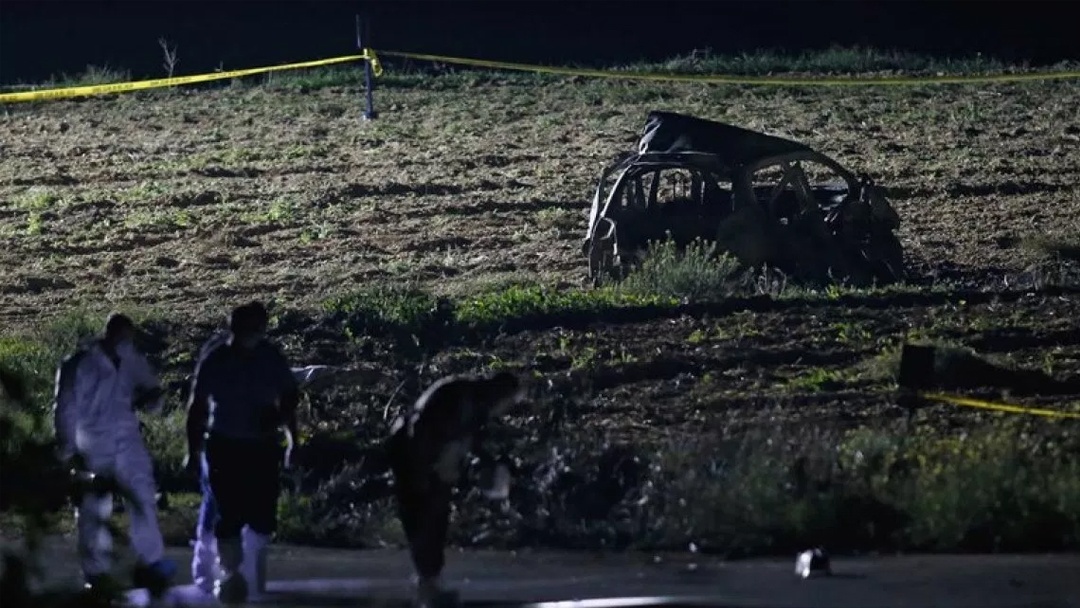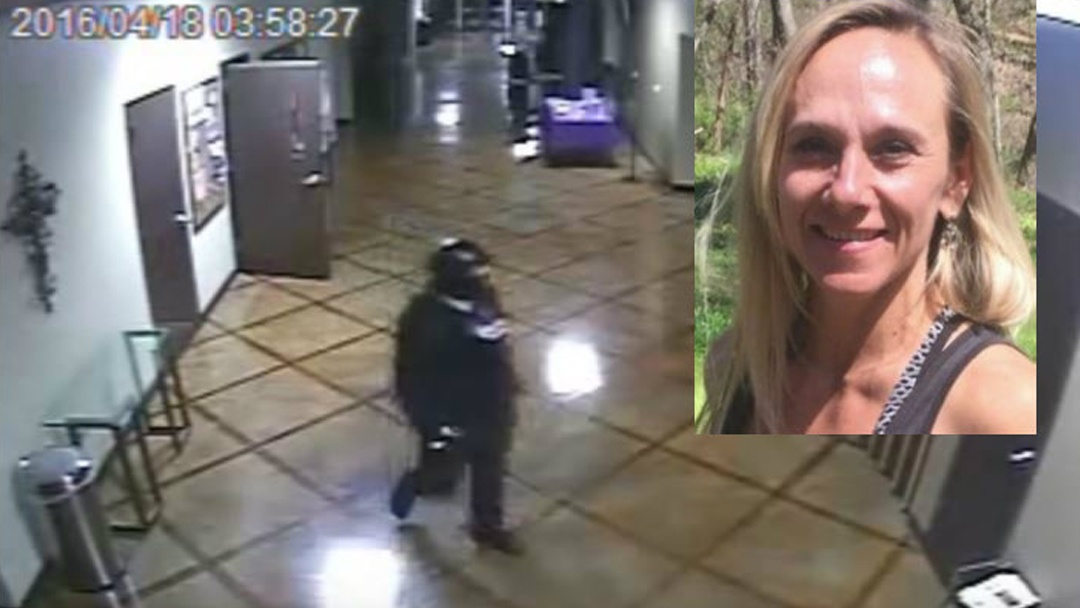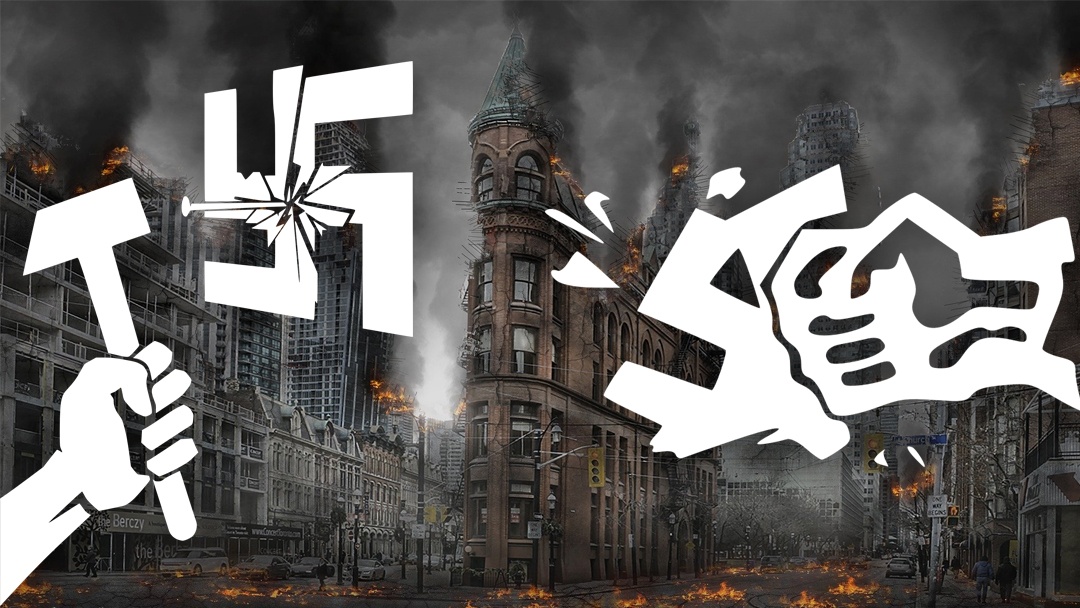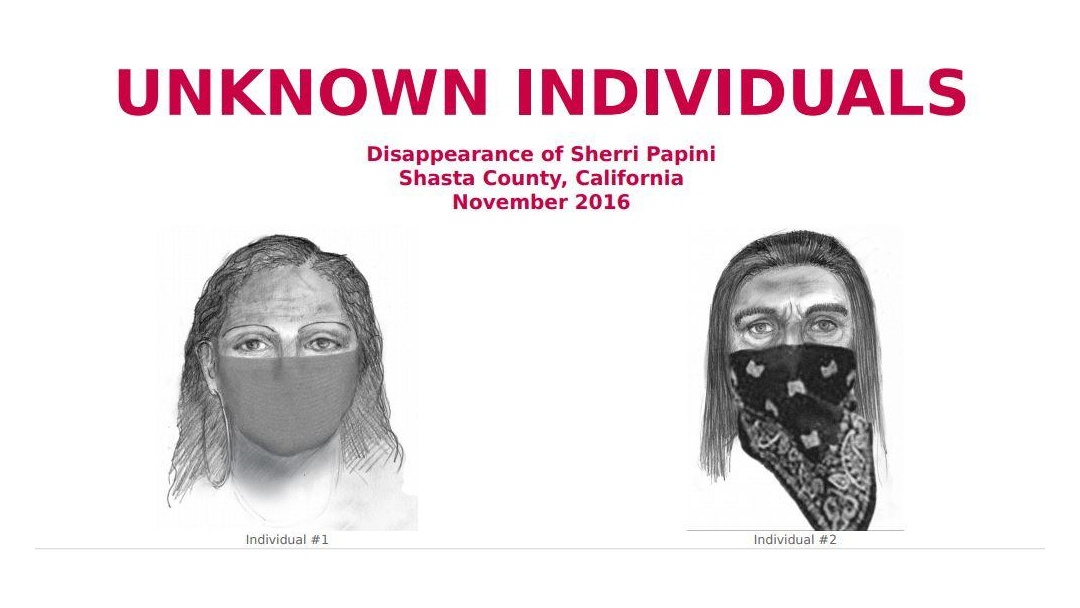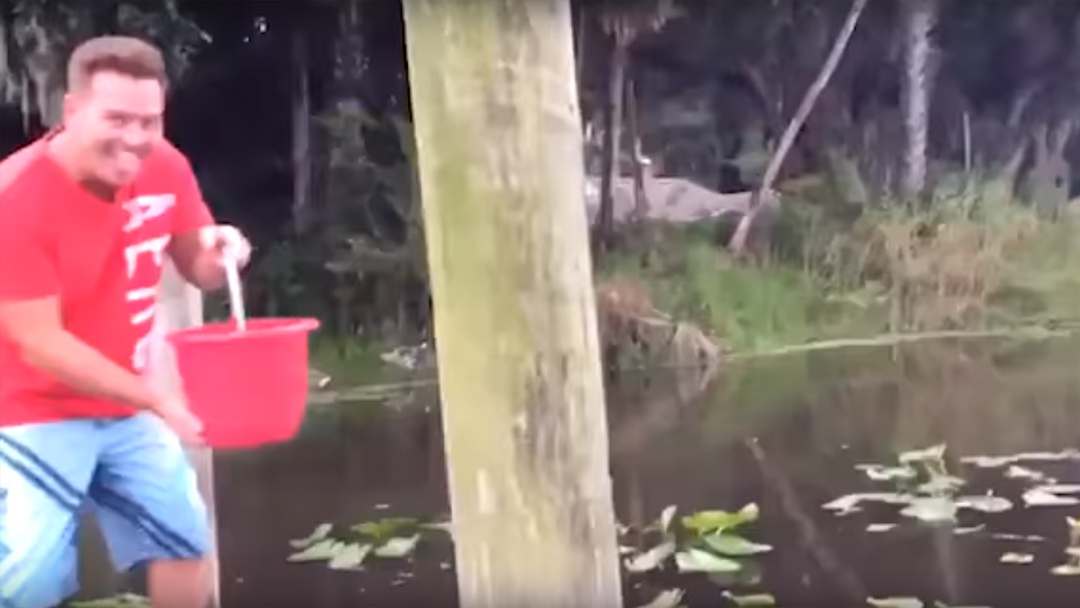An investigative journalist in Malta who exposed her island nation’s links to offshore tax havens using the leaked Panama Papers was killed in a car bombing on Monday, an attack that shocked Malta and was condemned by leaders of the European Union.
The journalist, Daphne Caruana Galizia, 53, died when the car she was driving exploded in Bidnija, a hamlet in north-central Malta. Her final blog post, accusing the prime minister’s chief of staff of corruption, had been published about a half-hour earlier.
Our guess is that the 2 or 3% of the U.S. American public who were aware of this murder back in October of 2017 have now long forgotten it. In Europe, the percentage who might remember this is surely higher, slightly, that is. How quickly we forget about tragedies that aren’t ours. Someone’s individual demise, but also the crumbling pieces of whole democracies.
“The Panama Papers” has a ring to it and folks may remember that refers to a trove of documents which casts at least a little light on a vast, shadowy world. The sombre world of off-shore tax havens, of corrupt money that moves around the world, leaving law and decency behind.
How can we be so sure that the financial Wizard behind the curtain is evil? When irritated at being exposed, some of them seem to think nothing of blowing up your car, with you in it.
Of course, the precise name and address of Ms. Galizia’s killers may never be known, giving the international Sherlock Holmes a lot to chew on.
Did major players in the off-shore cartels have a fit of pique, and order the hit, or did they sit down and make a calm and calculated business decision? Kill one especially pesky journalist, and send a message to all the others to be damned careful what you write, even what you look into?
But does that backfire with journalists? Kill one, and a hundred others pick up the scent of a great story of corruption? True journalists by nature are bloodhounds, always sniffing. Good luck changing that.
More narrowly, did the local political people in Yalta decide that this woman had to go? In the context of a very small country, you’ve got a better chance at keeping tabs on, or intimidating, every nuisance-journalist.
So, a basic logic suggests that the hit was a very local job. Stand by for any revelations, but in a near-dictatorship, with government influence even bearing down hard on the press…how likely is the truth to survive that chokehold? The BBC reports that the man in charge of investigating her death had been a target of her corruption charges–conflict of interest, anyone? No wonder her last blog post labeled her country’s political status quo as “desperate.”
A couple of weeks later, we hear several ordinary Maltese nationals have been arrested for the murder. Real authors of the crime? Patsies?
We know only one thing for certain. Cars don’t blow themselves up.
